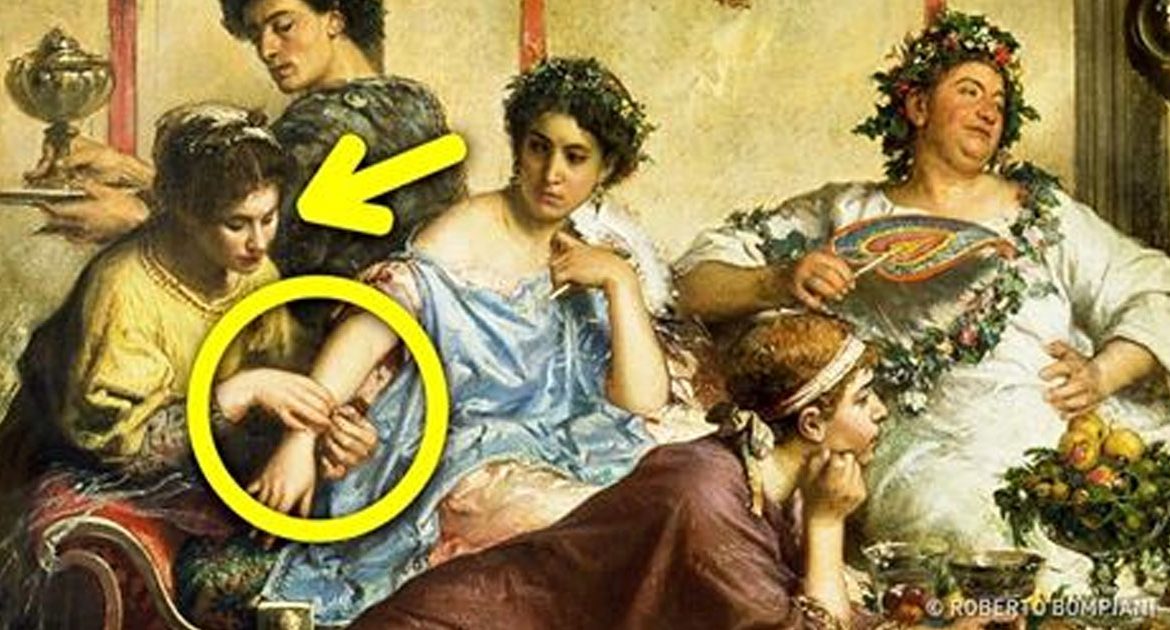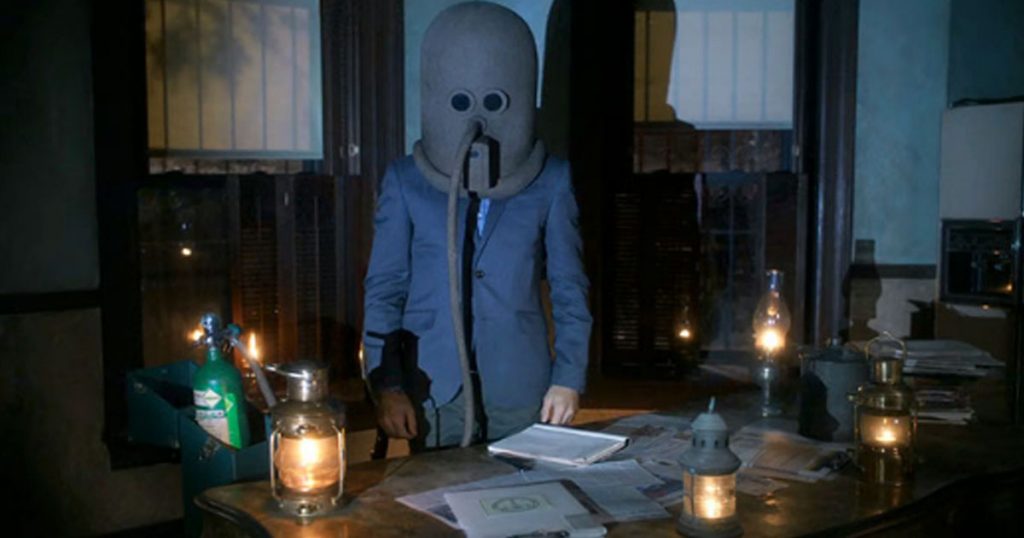It turns out that Ancient Rome is not only about philosophers, gladiators, and theatres. The Romans left a lot of mysteries and had traditions that you probably never heard about at school.
Liked Video would like to share 15 of the most unusual facts about the Romans.
1. The Romans drank gladiators’ blood.

The Ancient Romans drank the blood of killed gladiators. They believed that this ritual gave a person the life force. Several Roman authors described how dead gladiators’ blood was collected after fights and sold as medicine. The Romans considered it a cure for epileptics.
2. The Romans didn’t die young.

Although the official average life expectancy in Ancient Rome was 25 years old, many Romans lived until old age. Perhaps frequent women’s deaths during childbirth and high infant mortality created the statistical measure of 25. On average, the Romans had a similar life expectancy as people these days.

The Roman hour could last for 75 minutes in summer and 44 minutes in winter, as most Romans relied on the sun. 12 daytime hours began at dawn, and another 12 night hours started after sunset. Since the duration of the day was different in summer and winter, the length of each hour kept changing. Therefore, the Romans were tolerant of delays and weren’t punctual.
4. Only the rich could wear purple.
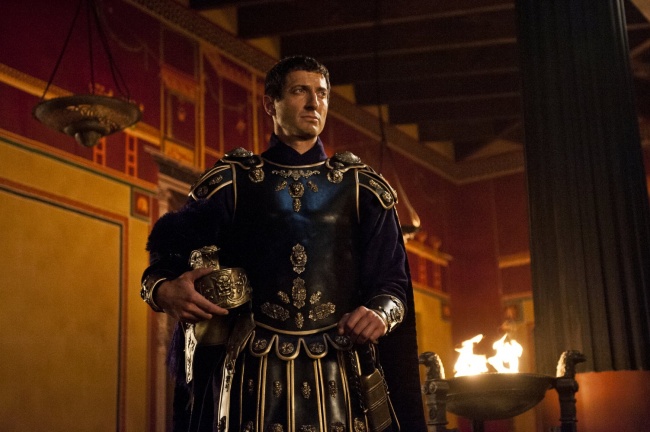
The Romans always judged a book by its cover — more precisely, by its color. There were two options. All shades of brown-yellow and gray-black were natural colors of sheep’s wool; therefore, they were perceived as a sign of poverty. Shades of red, purple, and green were created artificially with expensive dyes brought from afar. That’s why they were a sign of wealth and aristocracy. Purple clothes were particularly chic.
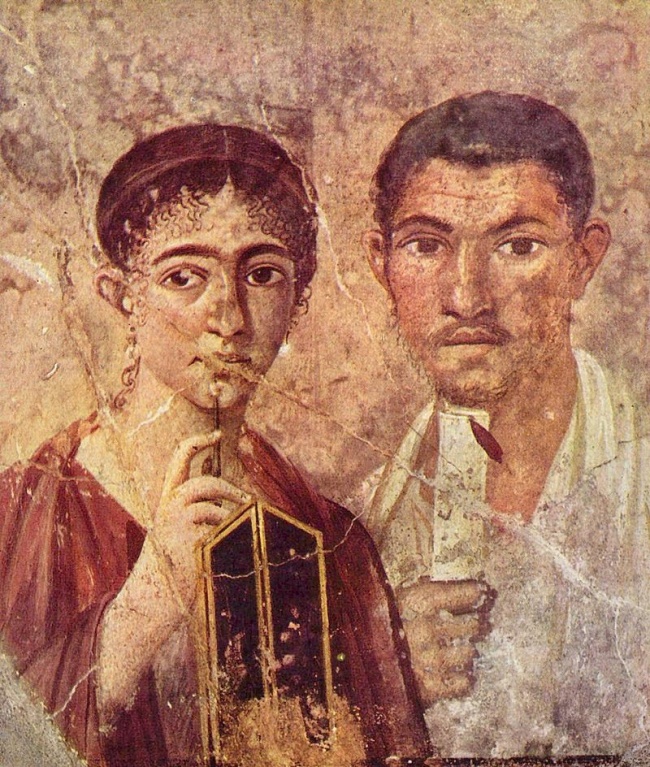
A thick unibrow was much appreciated among Roman women and considered a sign of high intelligence. The Roman ladies used a lot of different tricks to make their eyebrows thicker and bushier. For example, they applied artificial eyebrows made from goat hair using wood tar.
6. Dentistry was in high demand.
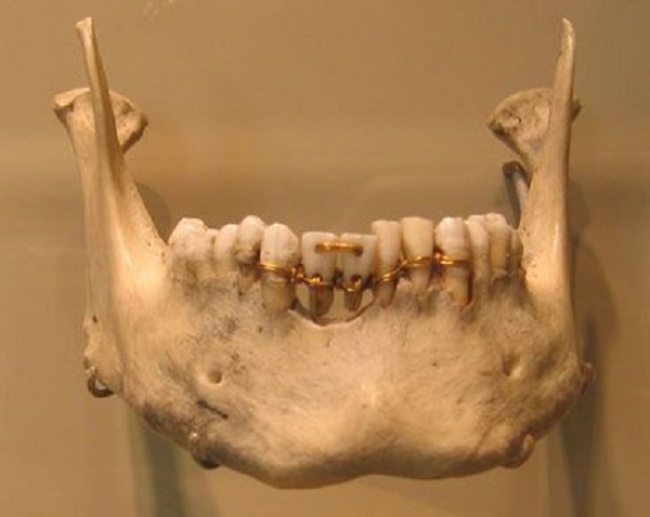
The Ancient Romans cared about their teeth, so dentists were very popular. Archeologists even found a female jaw with dentures. Scientists believe that ancient dental items (such as false teeth and braces) were used more as a demonstration of wealth than for medical reasons. Only the richest could afford a full set of teeth.
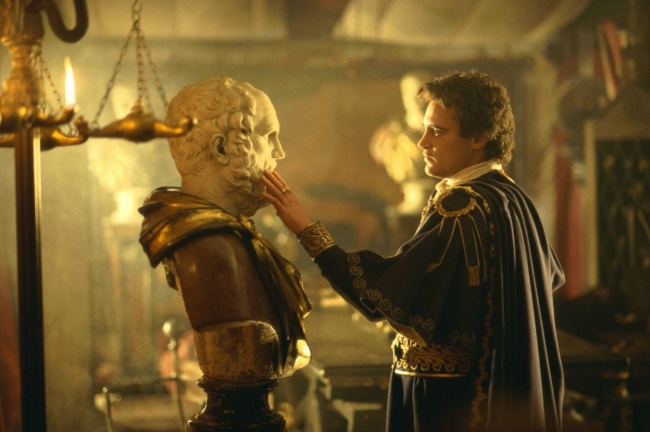
Such outstanding philosophers as Seneca and Marcus Aurelius were born in the Roman Empire. Nevertheless, many Romans were hostile to philosophy. The practical Romans believed that philosophy and the study of the human inner world were worthless for an active life and service to the government. Galen, the imperial court’s doctor, said that the Romans considered philosophy as practical as drilling millet seeds.
8. The Roman military leaders didn’t fight.
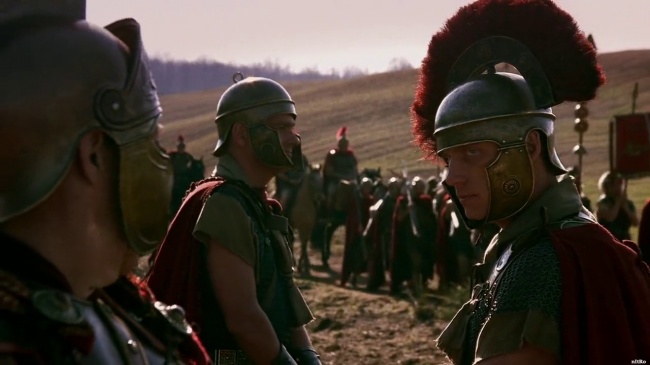
Artwork often depicts the Roman generals battling on the front line next to their soldiers. However, they usually didn’t fight. They supervised the army from their «captains’ bridges» to have a better view to navigate the battle. If the battle was almost lost, the general was supposed to either kill himself or seek death by the enemy.
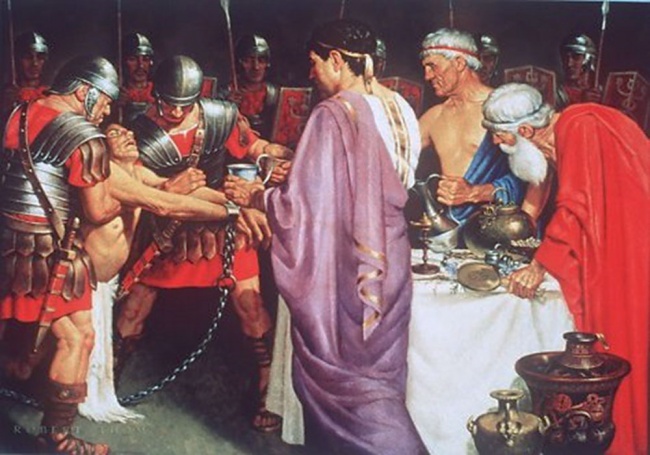
At the end of the 1st century AD, the Roman emperors introduced a tradition of drinking a small amount of known poisons daily to obtain immunity. The mixture of poisons was called Mithridatism in honor of Mithridates the Great, a king of Pontus, who first tried this method.
10. Christians were persecuted.

At the end of the 1st century AD, the Roman emperors introduced a tradition of drinking a small amount of known poisons daily to obtain immunity. The mixture of poisons was called Mithridatism in honor of Mithridates the Great, a king of Pontus, who first tried this method.
10. Christians were persecuted.
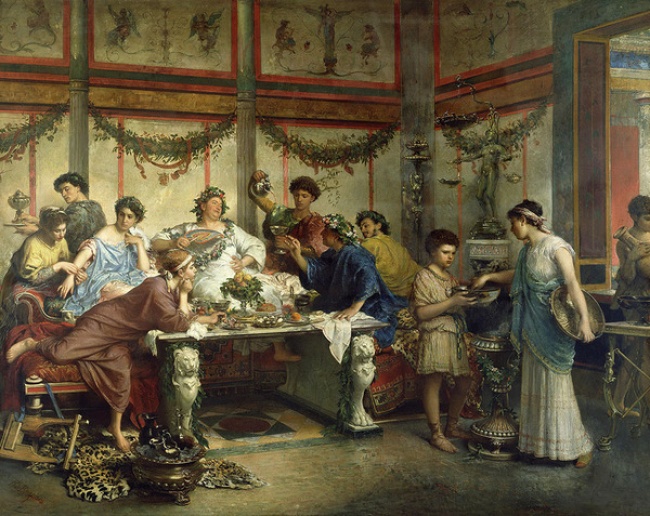
The Romans loved an oversupply of everything, so they even introduced the tradition of vomiting during feasts. According to Seneca, the Romans always overate at feasts until they felt sick. Then, they induced vomiting to relieve the stomach and then continued eating.
12. Roman women dyed their hair.

Roman women dyed their hair. Painted hair was originally considered a sign of a prostitute, but Messalina, Emperor Claudius’s third wife, introduced the fashion of colored wigs. A bit later, the Roman nobility started to dye their own hair.

Incitatus was Emperor Caligula’s favorite horse. According to Suetonius, a statue of marble and ivory was erected in honor of Incitatus. The horse also wore purple cloth and a harness made from precious stones. Dio Cassius said that the horse ate oats mixed with gold flakes. Suetonius claimed that Caligula had planned to assign Incitatus as consul. Perhaps the Emperor just wanted to make fun of the Senate by showing that even a horse could do a senator’s job.
14. The Romans didn’t use soap.
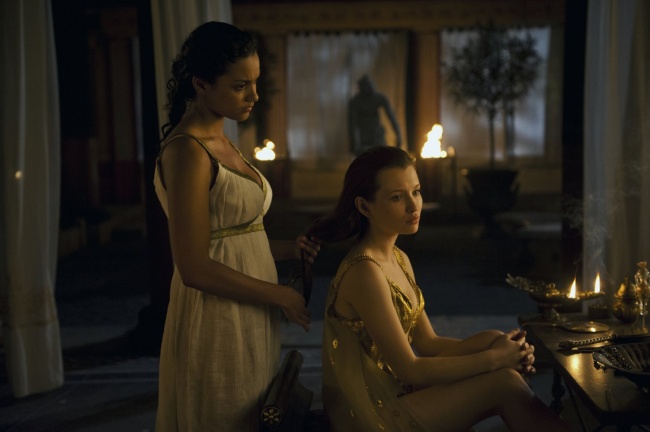
The Romans had a bath every day, but they didn’t use soap. They would rub themselves with different oils and then use special scrapers to remove the dirt.
15. The Roman laundry was very unusual.

